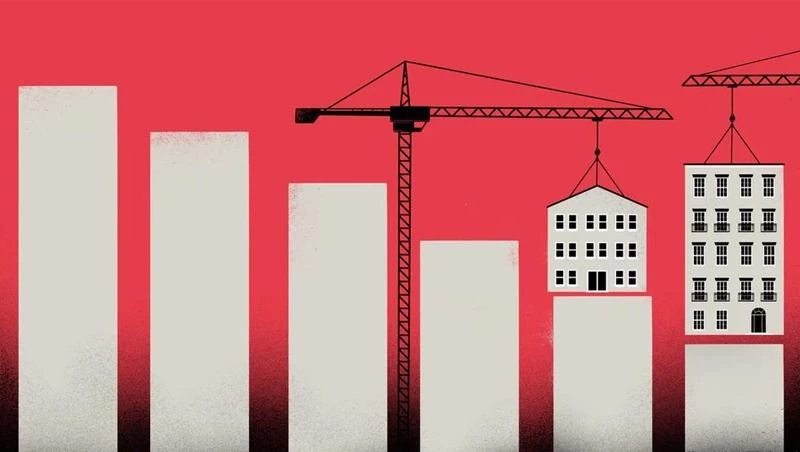
Tweaking economic incentives might help boost housing supply. Economists do not agree on much, but they do almost all think that a shortage of housing is a big drag on the economy. Zoning laws and conservation rules have proliferated since the 1960s, with diktats on everything from the number of car-parking spaces to how pitched a roof must be. These have made it harder to get projects off the ground: house-building in the rich world, relative to population, has fallen by 50% since 1964. Low housing supply means higher prices, constraining cities’ growth and reducing productivity. One estimate suggests that restrictions lowered American output growth by a third between the 1960s and 2009.
Although most housing experts want more building, few spend much time thinking about how to make this happen. Some pin their hopes on the “YIMBY” movement—enthusiastic nerds who turn up to planning meetings and shout “yes” not “no” to having more houses “in my back yard”. But YIMBYs are few and their power limited. More encouragingly, politicians are waking up to the damage caused by distorted housing markets. In Britain the Conservative government talks a good game on boosting housebuilding. On September 1st America’s White House decried “exclusionary zoning laws and practices” and promised to raise the supply of affordable housing. Yet its talk of “relaunching partnerships” and “leveraging existing federal funds” hardly inspires confidence. Better solutions are needed...
The Economist: How to turn NIMBYs into YIMBYs


